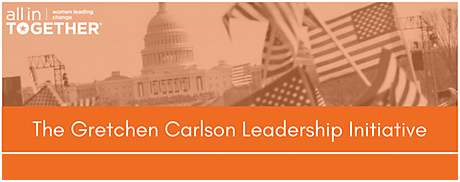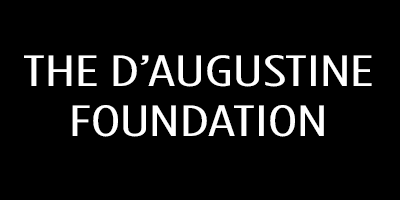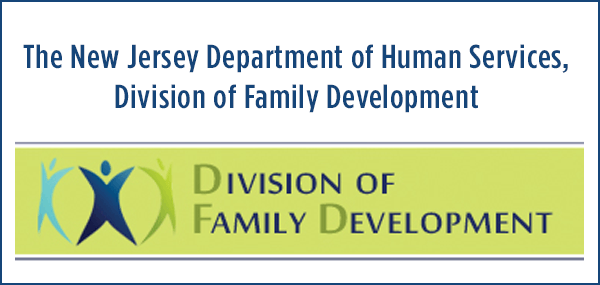Being a Social Justice Scholar
Though as a nation, we have made some strides to tackle inequities and injustices, we still have a long road to travel. The long path ahead is what made me decide to apply to my law school’s Social Justice Scholars program. At heart, I have always known that my gift (though sometimes it can feel like a curse) is advocacy.
There are so many communities who have inadequate drinking water, failing school districts, food insecurity, affordable housing scarcity and countless other barriers and obstacles to a healthy, happy way of life. When you think of the amount of work still left to be done, it can become overwhelming. Where do you even begin? The honorable Bishop Desmond Tutu once said, ““there is only one way to eat an elephant: a bite at a time.” Change, real change, can seem like an impossibility; but as Bishop Tutu wisely stated, just about anything can be accomplished “one bite at a time.”
As Social Justice Scholars (SJS) at Rutgers Law, we have the opportunity to donate hours of time and resources to the projects and issues that matter to our community. We assist individuals with their immigration status and help navigate associated legal issues. SJS also runs and supports programs for housing and eviction protection. We educate the community about their rights when dealing with public safety and the legal system. Additionally, we address and work towards dismantling systematic racism in the legal justice field, among countless other activities towards equity.
It has been proved, not everyone is treated the same when it comes to our criminal justice system. Arrests and sentencing vary greatly among people from different racial, ethnic and social economic backgrounds. In fact one study shows that African Americans are incarcerated at more than 5 times the rate of whites Americans (NAACP Fact Sheet https://naacp.org/resources/criminal-justice-fact-sheet). It is our goal to become public interest attorneys and advocates for those who are often misinformed of their rights or are fearful of the outcomes often presented by our [in]justice system. It is our hope that through our work and the work of other like-minded advocates, the legal and social disparities faced by so many will become a thing of the past.
-Zahirah Sabir, RLAW ’24
























